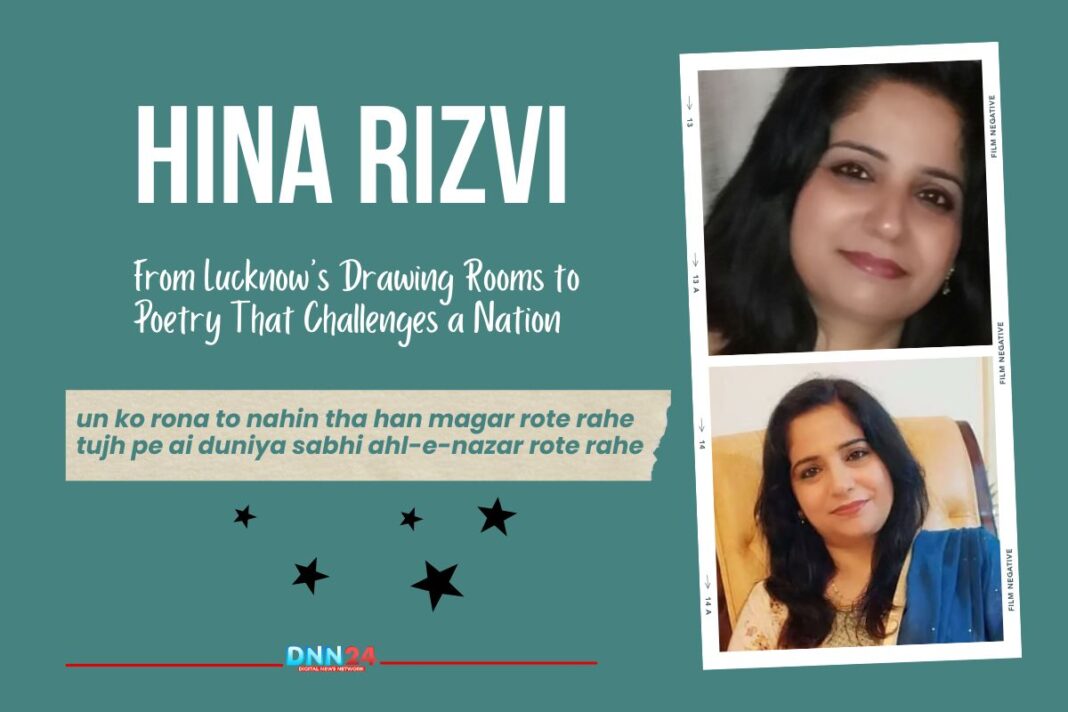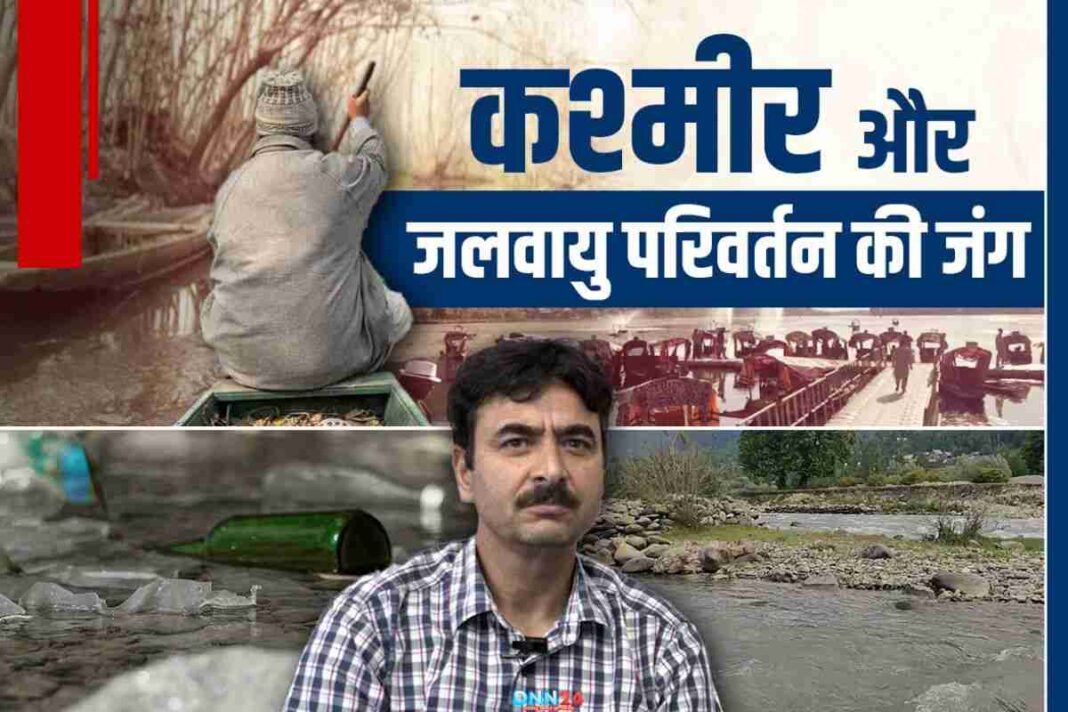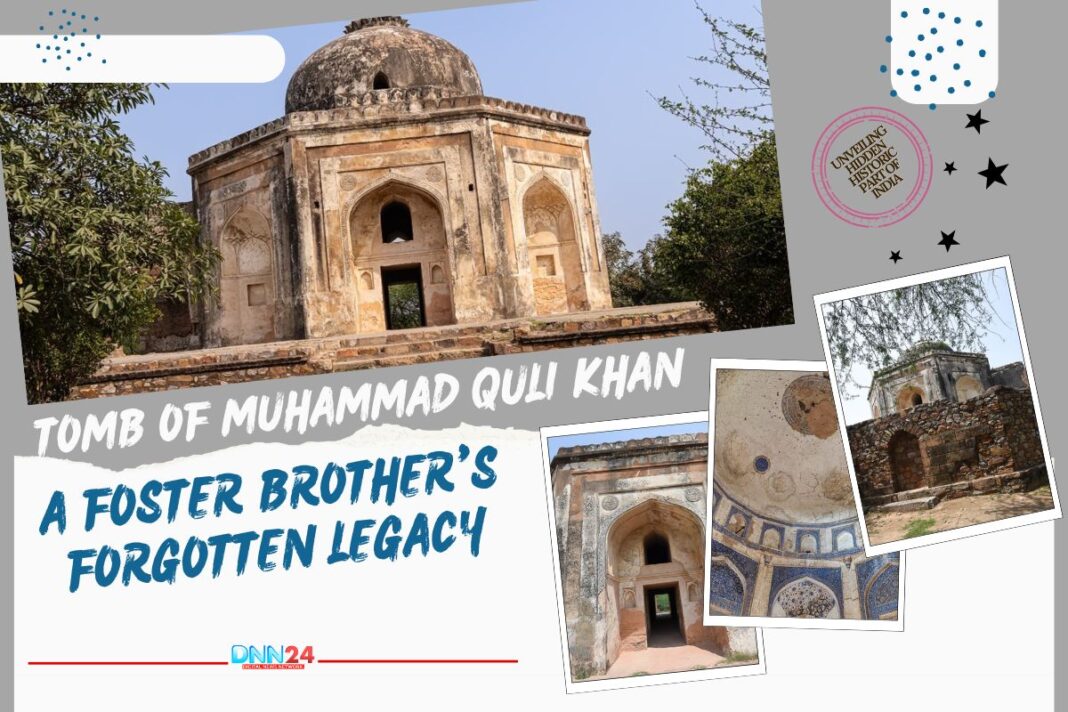What happens when a woman picks up a pen not to escape her struggles, but to confront them head-on? Hina Rizvi stands among the most compelling female voices in contemporary Urdu poetry, carving a space where tradition meets activism, where personal grief transforms into universal empathy. Her journey through verse is not merely about beautiful words arranged on paper. It is about survival, reinvention, and the courage to speak when silence seems more straightforward.
kaun kahta hai ke har shaKHs farishta ho jae
Hina Rizvi
aadmi thoDa to insan ke jaisa ho jae
Born Into Poetry: Lucknow’s Influence
Hina Rizvi’s story begins in Lucknow, a city steeped in the rich tradition of Urdu literature. Growing up in this cultural cradle was not accidental to her destiny. Her father worked closely with the Urdu Academy. At the same time, her mother brought both academic rigour and poetic sensibility to their home, holding a PhD in Urdu Literature and teaching at the university level. The literary atmosphere was thick in their household, made richer by the legacy of her maternal grandfather, Chaudhary Itrat Husain ‘Aashiqui’, a renowned sahib-e-diwan poet whose words had moved generations.
kahin pe mal-o-duniya ki KHaridari ki baaten hain
Hina Rizvi
kahin pe din-ba-din baDhti riya-kari ki baaten hain
From her earliest years, Hina found herself seated quietly in mehfils and nashists, surrounded by legendary poets like Rahat Indori. She absorbed not just the mechanics of verse but the deeper art of emotional expression and cultural connection. Her mother studied under the celebrated poet Waseem Barelvi, further extending the family’s reach into both classical forms and contemporary movements. Poetry in their home was never just an art form. It was a lens through which to view the world, a way to build bridges between tradition and change.
KHuda ka shukr ki sunta raha KHuda meri
Hina Rizvi
kabhi na arsh se lauTi koi dua meri
Though neither of her parents wrote poetry themselves, their reverence for the craft shaped Hina profoundly. They encouraged her curiosity and empathy, teaching her that words could heal as much as they could harm. After completing her postgraduate studies in Political Science, Hina brought a dual perspective to her work, blending educational insight with creative passion.
un ke sab jhuT mo’atabar Thahre
Hina Rizvi
jo mere sach the be-asar Thahre
Her first compositions were nauhas and salaams for Muharram, inspired by the tragic events of Karbala. These early pieces established her as a sincere chronicler of grief and justice, themes that would deepen and expand throughout her career. Lucknow gave her roots; her own experience gave her wings.
Untold Struggles: The Heart Behind The Verse
Success in poetry does not arrive without scars, and episodes of vulnerability, self-doubt, and profound emotional turbulence marked Hina Rizvi’s rise. The dignified surface of her public persona concealed private battles that tested her resolve repeatedly. Carrying forward her family’s literary legacy brought both pride and pressure. She constantly wrestled with the question of authenticity—how to honour tradition while discovering her own distinct voice.
wo aasman hai to ho main zamin hun KHush hun
Hina Rizvi
ana ke shahr mein jab se makin hun KHush hun
Early appreciation for her elegies and naivety built her confidence, yet it also raised expectations. When the pandemic arrived, Hina experienced a creative surge during the first wave, producing verses that captured collective anxiety. But the second wave brought unbearable loss.
KHuda ka shukr ki sunta raha KHuda meri
Hina Rizvi
kabhi na arsh se lauTi koi dua meri
The misery surrounding her froze her pen completely. Writing felt impossible when grief became overwhelming. Slowly, through online mushairas hosted from her own drawing room, she found her way back. These virtual gatherings allowed her to reconnect with audiences and rediscover the healing power of shared poetry.
khaTkhaTata hai dar-e-dil ki bhala zanjir kaun
Hina Rizvi
de raha hai mere KHwabon ko nai tabir kaun
Marriage introduced another layer of complexity. An arranged match brought her into a new family and unfamiliar territory, accompanied by natural trepidation. Yet here, she discovered unexpected warmth. Her husband shared her love for poetry, transforming what could have been a mere obligation into genuine companionship. Her in-laws became her earliest supporters, turning familial boundaries into bridges of understanding. Even her children now take pride in her work, creating a generational continuity that enriches every poem she writes.
yaqin ki had se jo nikle guman tak pahunche
Hina Rizvi
taKHayyulat ki unchi uDan tak pahunche
Hina’s journey reveals the persistent self-doubt many female poets face, particularly when cultural expectations compete with creative ambition. While she sometimes hesitated to join public mushairas, online platforms granted her freedom and visibility. Her story stands as proof that overcoming trauma, balancing tradition, and nurturing an authentic voice requires continual reinvention and immense courage.
Writings That Heal: From Karbala to Nirbhaya
Hina Rizvi does not write poetry for decoration. Her verses serve as healing mediums, forums for activism, and mirrors reflecting society’s deepest wounds. Her first book, “Rang-e-Hina,” became a diary of personal and collective suffering, printed hastily but carrying profound meaning. Each page holds testimony to pain transformed into purpose.
karo bhi baat na mujh se udas logon ki
Hina Rizvi
mujhe Daraati hai aankhon mein yas logon ki
Her poetic journey began with elegies written in tribute to the martyrs of Karbala. These nauhas and salaams followed traditional forms, offering comfort to her community during Muharram. But Hina’s pen refused to remain confined within safe boundaries. She expanded her scope to address tyranny, violence, discrimination, and gender inequality. Her verses wove personal memory with social consciousness, transforming ritual into resistance. What began as a religious observance evolved into a broader commitment to justice.
jo sach hi bechna paDe to mol-bhao kya karen
Hina Rizvi
hain aks aks aaine to rakh-rakhaw kya karen
Among her most powerful works are poems dedicated to the oppressed and voiceless. She wrote about the victims of the Nirbhaya case, about migrant labourers abandoned during lockdowns, about innocent children massacred in Pakistani schools. These pieces reveal a poet unafraid of uncomfortable truths. Her poem “Nirbhaya” mourns the young woman’s brutal death while galvanising readers toward action, insisting that such tragedies must never be repeated. She is equally proud of “Bintey Hawa,” a piece confronting taboos around women’s unique struggles and burdens.
na ye zamin thi jab aasman kahin nahin tha
Hina Rizvi
faqat yaqin tha har-su guman kahin nahin tha
In each creation, Hina’s personal struggles refract through larger societal pain, transforming private wounds into sources of public empathy. Poetry flows quickly when inspiration strikes, she often completes nazms within minutes, as if urgent expression cannot wait. Every line attempts to make sense of grief and injustice while offering comfort, awareness, and hope to those who need it most.
Reinvention and Impact: The Journey Continues
Hina Rizvi’s literary journey demonstrates constant reinvention fuelled by courage and conviction. Her approach to both poetry and public engagement has evolved dramatically, shaped by circumstance, technology, and an unwavering belief in words as instruments of transformation.
ishq mein dariya kya hain samundar par kiye ja sakte hain
Hina Rizvi
josh-e-junun se koh-e-giran mismar kiye ja sakte hain
The pandemic forced unexpected changes. With stage performances suspended, Hina embraced online platforms, joining global poetic gatherings from her drawing room. For a poet who had hesitated before public spotlights, virtual mehfils provided both safety and unprecedented exposure. Female voices, so often overlooked or silenced in traditional settings, found new prominence online. This digital shift expanded her network considerably, connecting her with audiences across continents and creating solidarity beyond geographical boundaries.
dil mein kuchh aise gham-e-ishq ko pala jae
Hina Rizvi
lab se nikle to falak tak mera nala jae
Her commitment to addressing urgent causes remains unshaken. Each year, she writes and recites new elegies, refusing to let ritual fade even when physical gatherings become impossible. Family continues serving as her anchor and primary source of encouragement, but her impact now reaches far beyond domestic circles. Her readers include activists, students, fellow writers, and ordinary people moved by her honesty and clarity. She has become a voice not just for herself but for countless others who struggle to articulate their pain.
kabhi kuza kabhi kasa kabhi saghar banate hain
Hina Rizvi
ye kaisi pyas ki taskin kuza-gar banate hain
Hina champions poetry as both a personal refuge and a tool for public healing. Whether writing about forgotten labourers, gender injustices, or the private joys and sorrows found within homes, she insists that every life deserves recognition, every struggle deserves a voice. Her work has brought greater visibility to the complexities female poets navigate daily.
lab hain KHamosh zaban salb nigahen qaidi
Hina Rizvi
zindagi nam ke zindan mein hain sansen qaidi
More importantly, she has redefined Urdu poetry as an arena where genuine pain meets genuine action, where words move beyond beauty into purpose. In her unique, accessible, and deeply emotive style, Hina Rizvi’s journey continues inspiring and uplifting others, always moving, constantly growing, always inviting people to discover the healing power hidden within words.
Also Read: Saqi Farooqi: The Rebel Poet Who Kept Urdu Alive in London
You can connect with DNN24 on Facebook, Twitter, and Instagram and subscribe to our YouTube channel.



